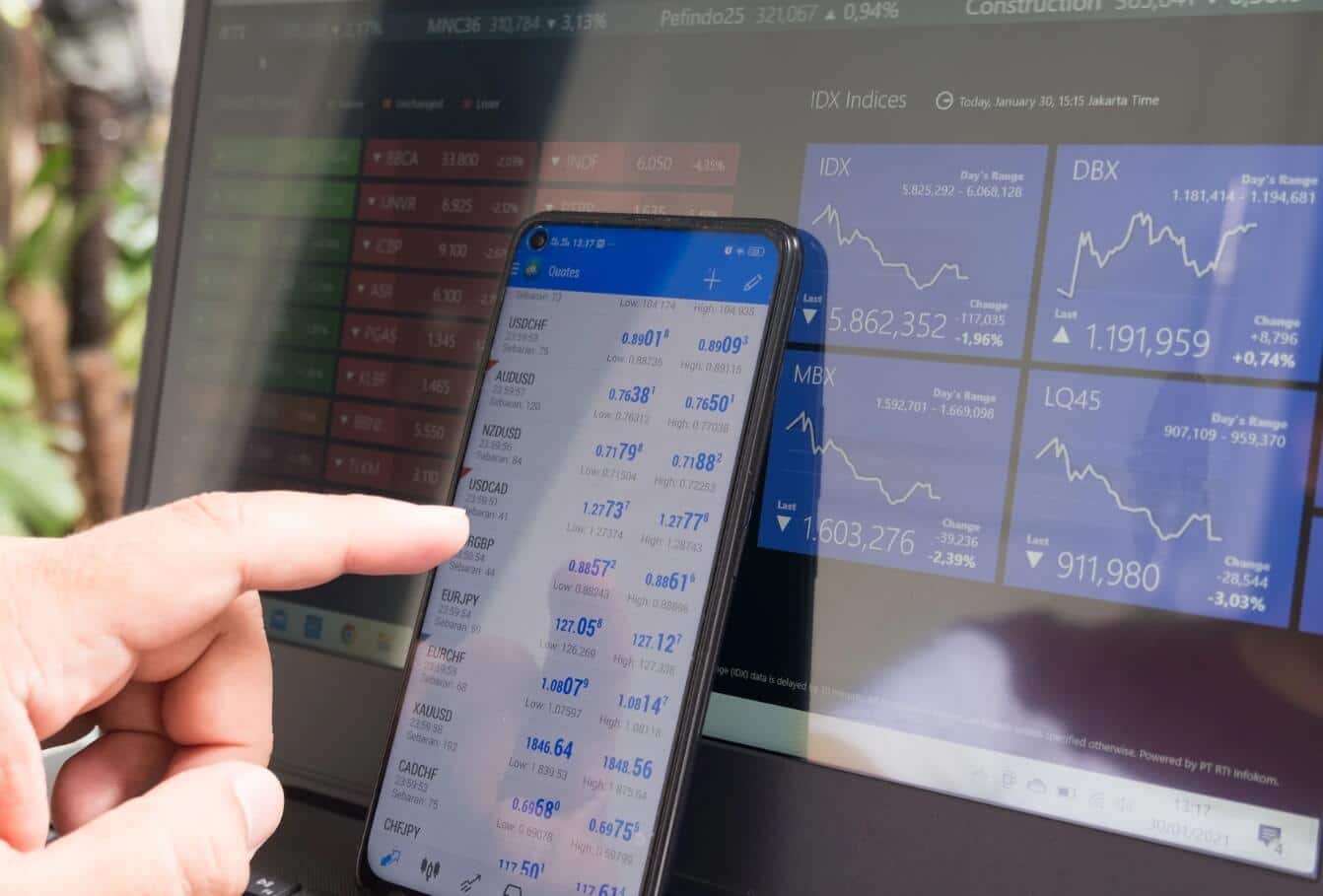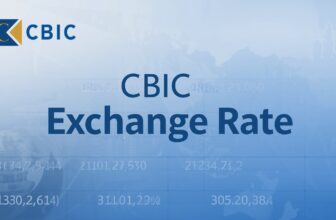
“Dive into the world of forex trading with our quick guide on Sunday market openings. Discover the pivotal moments when the forex market comes to life each week, setting the tone for global trading. Get ready to seize opportunities and stay ahead in the dynamic financial landscape. Let’s unlock the secrets of Sunday’s forex market opening times together!”
The forex market is open 5 days a week and closed during the weekend. It operates in multiple time zones, allowing traders to access it at any time except during the weekend break. The forex market opens on Sunday at 5 p.m. local time in New York City and closes on Fridays at 5 p.m.
It is important to note that trading conditions may vary depending on the session one is operating in. The highest trading volume tends to occur when the London and New York sessions overlap. The forex market sessions are named after major financial centers and are as follows: Sydney, Tokyo, London, and New York. During these sessions, trading volume and volatility are generally higher, providing more opportunities for traders. The WM/Reuters benchmark spot and forward exchange rates, used for daily valuation and pricing, are set at 4 p.m. London time.
Key Takeaways:
- The forex market opens on Sunday at 5 p.m. local time in New York City.
- Trading conditions may vary depending on the session one is operating in.
- The highest trading volume occurs when the London and New York sessions overlap.
- The forex market sessions are named after major financial centres: Sydney, Tokyo, London, and New York.
- Trading volume and volatility are generally higher during the forex market sessions.
What Time Does the Forex Market Open on Sunday?
The opening of the forex market on Sundays is a situation that often perplexes traders, with nuances dependent on geographical regions.
For example, in the UK, the forex market technically does not swing its doors wide open on Sunday, presenting a brief hiatus after the Friday close. However, the catch lies in the regional variations that influence this rule. While the forex market observes a quiet period on Sunday, certain regions do experience an earlier kickstart to the trading week.
Asian Sunrise vs. European Quietude – Consider a trader in the UK keen on engaging in forex activities on a Sunday. As the sun rises in Asia, specifically in financial hubs like Sydney and Tokyo, the forex market is already in motion. Traders in these regions can execute trades, setting the tone for the upcoming week. On the flip side, in Europe, including the UK, the market tends to remain relatively subdued on Sunday until it aligns with the London session’s opening.
The Global Clock: Understanding Regional Time Zones
The forex market operates across multiple time zones, turning it into a truly global phenomenon. This temporal diversity creates a situation where, as Sunday unfolds, traders in different parts of the world are met with varying states of market activity. It is crucial for traders to sync their strategies with these regional time zone differences.
Example in Action: New York Takes the Baton – As the day progresses on Sunday, the New York session becomes a key player, especially when it overlaps with the London session. This period, marked by increased trading volumes and liquidity, can be a strategic window for traders. A trader, anticipating market movements based on the weekend’s economic developments, may find opportune moments during this overlap for executing trades with precision.
The forex market operates 24 hours a day during weekdays but takes a breather over the weekend. The market kicks off its trading week on Sunday at 5:00 pm ET, marking the commencement of a new cycle. This cycle concludes on Fridays at 5:00 pm, giving traders a 48-hour hiatus before the action resumes.
Specific Sessions and High-Volume Hours
Taking the UK as an example, the New York session spans from 1 p.m. to 10 p.m. (GMT), while the London session, a financial hub, operates from 3 a.m. to 11 a.m. (GMT). The intersection of the London afternoon and New York morning creates the most vibrant trading period, with trillions of dollars changing hands. During this time, the WM/Reuters benchmark spot and forward foreign exchange rates are established, influencing daily valuation and pricing.
Navigating the London Session: 7 a.m. to 4 p.m. (GMT)
The London session operates from 7 a.m. to 4 p.m. (GMT). This period is marked by a surge in trading activity, driven by the major financial institutions located in the city. As traders grab their morning coffees in the UK, the market experiences heightened liquidity, offering ample opportunities for strategic moves.
Embracing the New York Session: 1 p.m. to 10 p.m. (GMT)
As the day unfolds, the torch is passed to the New York session, spanning from 1 p.m. to 10 p.m. (GMT). This session witnesses the convergence of the UK and U.S. trading hours, creating a dynamic atmosphere. The market experiences a spike in volatility as traders from both sides of the Atlantic engage in transactions. This overlap is often considered the most vibrant and lucrative time for forex trading, with the WM/Reuters benchmark rates being established during this period.
Sydney and Tokyo Sessions: 9 p.m. to 6 a.m. (GMT) and 12 a.m. to 9 a.m. (GMT)
While the London and New York sessions take the spotlight, the Sydney and Tokyo sessions play crucial roles in setting the stage. The Sydney session, from 9 p.m. to 6 a.m. (GMT), kicks off the trading day, with a focus on the Asia-Pacific region. As the day progresses, the Tokyo session, spanning from 12 a.m. to 9 a.m. (GMT), takes the baton, influencing market sentiment before the London session begins.
Peak Hours: Where Action Meets Opportunity
The intersection of the London and New York sessions is the heartbeat of the forex market. During this period, the market experiences its highest trading volumes, with trillions of dollars changing hands. Traders actively respond to economic indicators, news releases, and geopolitical events, contributing to the vibrancy of these peak hours.
Unlocking Profit Potential: Examples in Action
Consider a scenario where a trader in the UK capitalizes on the overlap of the London and New York sessions. As the European markets react to economic reports and news, the trader strategically enters the market, leveraging the increased liquidity and volatility. This strategic move aligns with the principle that higher trading volumes often result in tighter spreads, reducing transaction costs for the trader.
In another instance, an institutional investor in the UK, seeking to react swiftly to breaking news during peak hours, accepts wider spreads for the advantage of early market entry. The efficiency of the forex market in accommodating diverse trading strategies is exemplified during these high-volume hours.
Understanding the specific sessions and high-volume hours in the financial market is important for trading success. Each instrument, represented by different trading sessions, contributes to the harmonious flow of the market. By grasping the nuances of these sessions and aligning trading strategies with peak hours, traders can master important forex junctures and timing and navigate the market with finesse.
Most Popular Currencies and their Challenges
In forex, seven currencies dominate the market: the U.S. dollar, euro, Japanese yen, British pound, Australian dollar, Canadian dollar, and Swiss franc. These currencies form the backbone of forex activities, traded continuously during market hours. Traders often find themselves strategically involved in currency pairs involving these majors, as they are considered the most liquid and influential in the forex realm.
Now, consider a scenario where a trader in the UK is analysing the GBP/USD currency pair. The trader, anticipating a change in the monetary policy in the United States, strategically enters the market during the overlap of the London and New York sessions. The high trading volumes during this period allow the trader to execute trades with tighter spreads, enhancing pricing efficiency and reducing transaction costs.
Timing Matters in Emerging Markets – While the forex market operates 24 hours a day during weekdays, not all currencies share the same fate. In several emerging markets, some currencies are not traded around the clock. Traders must be aware of these nuances when devising their trading strategies to avoid potential pitfalls.
Consider a situation where a trader is interested in a currency pair involving an emerging market currency with limited trading hours. To navigate this challenge, the trader carefully plans their trades during the specific trading hours of that currency’s market session. By understanding the unique trading hours of each currency, the trader maximises the potential for liquidity and minimises the risk associated with limited trading times.
Understanding Forex Market Hours and Trading Sessions
The forex market operates 24 hours a day during weekdays, providing traders with ample opportunities to buy, sell, exchange, and speculate on currencies. However, it is important to note that the market is closed during weekends. The forex market operates in multiple time zones, allowing traders from around the world to actively participate in trading activities. Each trading day begins with the opening of the Sydney session, followed by the Tokyo session, the London session, and finally, the New York session.
Each session has its own specific trading hours, creating overlapping periods where trading volume and volatility tend to be higher. The most notable overlap occurs during the London and New York sessions, with significant market activity and increased opportunities for traders. It is crucial for traders to be aware of the opening and closing times of these sessions as trading conditions, liquidity, and market sentiment may vary.
Here is an overview of the forex market trading sessions:
| Trading Session | Opening Time (Local Time) | Closing Time (Local Time) |
|---|---|---|
| Sydney | 10:00 PM | 7:00 AM |
| Tokyo | 12:00 AM | 9:00 AM |
| London | 8:00 AM | 5:00 PM |
| New York | 1:00 PM | 10:00 PM |
It is worth noting that the WM/Reuters benchmark spot and forward exchange rates, which are widely used for daily valuation and pricing, are set at 4:00 PM London time. This reference rate serves as a crucial benchmark for many financial institutions and market participants.
By understanding the forex market hours and trading sessions, traders can effectively plan their trading activities, capitalize on market opportunities, and adjust their strategies accordingly. Stay informed of the opening and closing times of each session to optimize your trading experience.
Best Trading Times for Forex
The forex market operates according to different time zones around the world. To maximize trading opportunities, it’s essential to know the best times to trade forex. One of the most favourable periods is during the overlap of the London and New York sessions.
During this overlap, traders can take advantage of increased trading volume and volatility, which can lead to more opportunities for profit. It is advisable to focus on notable pairs such as USD/JPY and US30 during these hours, as they tend to experience higher trading volume and liquidity.
Another aspect to consider is trading currency pairs at night. Traders are recommended to concentrate on markets such as GBP, ZAR, and EUR, which open at 10:00 am local time. By focusing on these currency pairs, traders can take advantage of the market movements that occur during the night, increasing the potential for successful trades.
It’s also important to be aware of the Tokyo session time. The Tokyo session is known for its high trading volume and liquidity. Traders who are active during this session can benefit from the opportunities that arise from the Asian markets, particularly when trading currency pairs involving the Japanese yen.
FAQ
What time does the forex market open on Sunday?
The forex market opens on Sunday at 5 p.m. local time in New York City.
What are the forex market hours on Sunday?
The forex market operates 24 hours a day during weekdays but is closed on weekends.
What are the forex market trading hours on Sunday?
The forex market is closed on Sundays and trading is not available.
What is the forex market schedule on Sunday?
The forex market is closed on Sundays and trading does not take place.
Are there forex market timings on Sunday?
No, the forex market is closed on Sundays and there are no specific timings for trading.
Can I trade forex on Sunday?
No, trading is not available on Sundays as the forex market is closed.
What are the Sunday forex market times?
The forex market is closed on Sundays, so there are no specific times for trading.
When does the forex market open on Sunday?
The forex market opens on Sunday at 5 p.m. local time in New York City.
What are the forex opening times on Sunday?
The forex market is closed on Sundays, so there are no specific opening times.
What are the forex market hours on Sunday?
The forex market is closed on Sundays and trading is not available.
What is the Sunday forex market opening?
The forex market is closed on Sundays and there is no specific opening time.
When does the forex market open on Sunday?
The forex market opens on Sunday at 5 p.m. local time in New York City.
What are the Sunday forex market opening hours?
The forex market is closed on Sundays, so there are no specific opening hours.
What are the forex trading hours on Sunday?
The forex market is closed on Sundays and trading is not available.

















